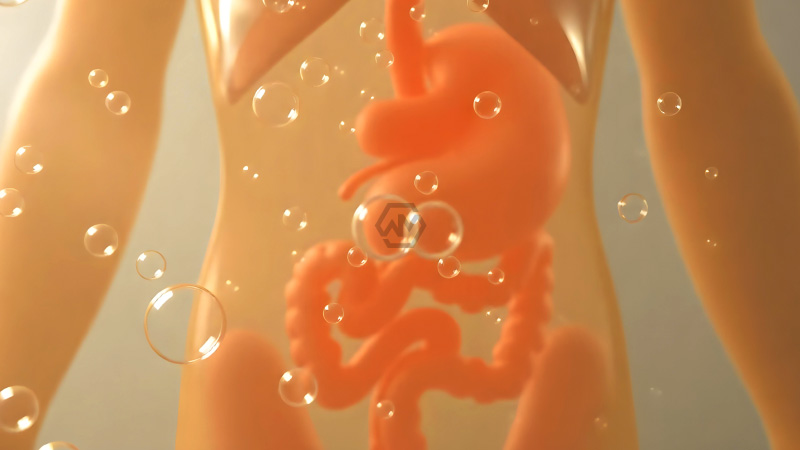- Occasional bubbles in urine are typically harmless.
- Persistent bubbles could indicate proteinuria, a sign of kidney problems.
- Hydrate and consult a doctor if the issue persists.
Bubbles in urine can sometimes form when the flow is fast, but they are typically harmless. If it’s a one-time occurrence, proper hydration and urinating promptly usually resolve the issue.
Persistent bubbles in urine, however, could signal a more serious condition like proteinuria, where the kidneys leak excessive protein. This is a potential sign of kidney problems, including glomerulonephritis or damage from diabetes and hypertension.
Understanding the Causes of Persistent Bubbles in Urine
While occasional bubbles in urine are typically harmless, frequent or persistent bubbles could be indicative of kidney dysfunction. Dr. Ashutosh Baghel, a consultant urologist, explains that this could be due to excess protein in the urine, often pointing to kidney problems like proteinuria.
Proteinuria occurs when the kidneys fail to filter out excess protein, which then appears in the urine. This may develop due to chronic conditions like diabetes or high blood pressure, which can damage the kidneys over time. Regular monitoring of symptoms, including swelling or changes in urine color, is key.
To diagnose the underlying cause, doctors often recommend a urinalysis to check for protein levels. In some cases, imaging or blood tests may also be needed to assess kidney function and overall health. Early detection can help prevent further kidney damage and manage the condition more effectively.
Lifestyle changes, such as managing blood sugar levels and blood pressure, along with medication, are typically part of the treatment for conditions like proteinuria. Maintaining hydration and regular medical checkups will further support kidney health.
Persistent bubbles in urine should not be ignored. If they continue, it’s important to consult a healthcare provider for proper diagnosis and treatment to prevent kidney damage.
“Sometimes the smallest symptoms, like bubbles in urine, can point to serious health concerns, reminding us to listen to our bodies and seek timely care.”



